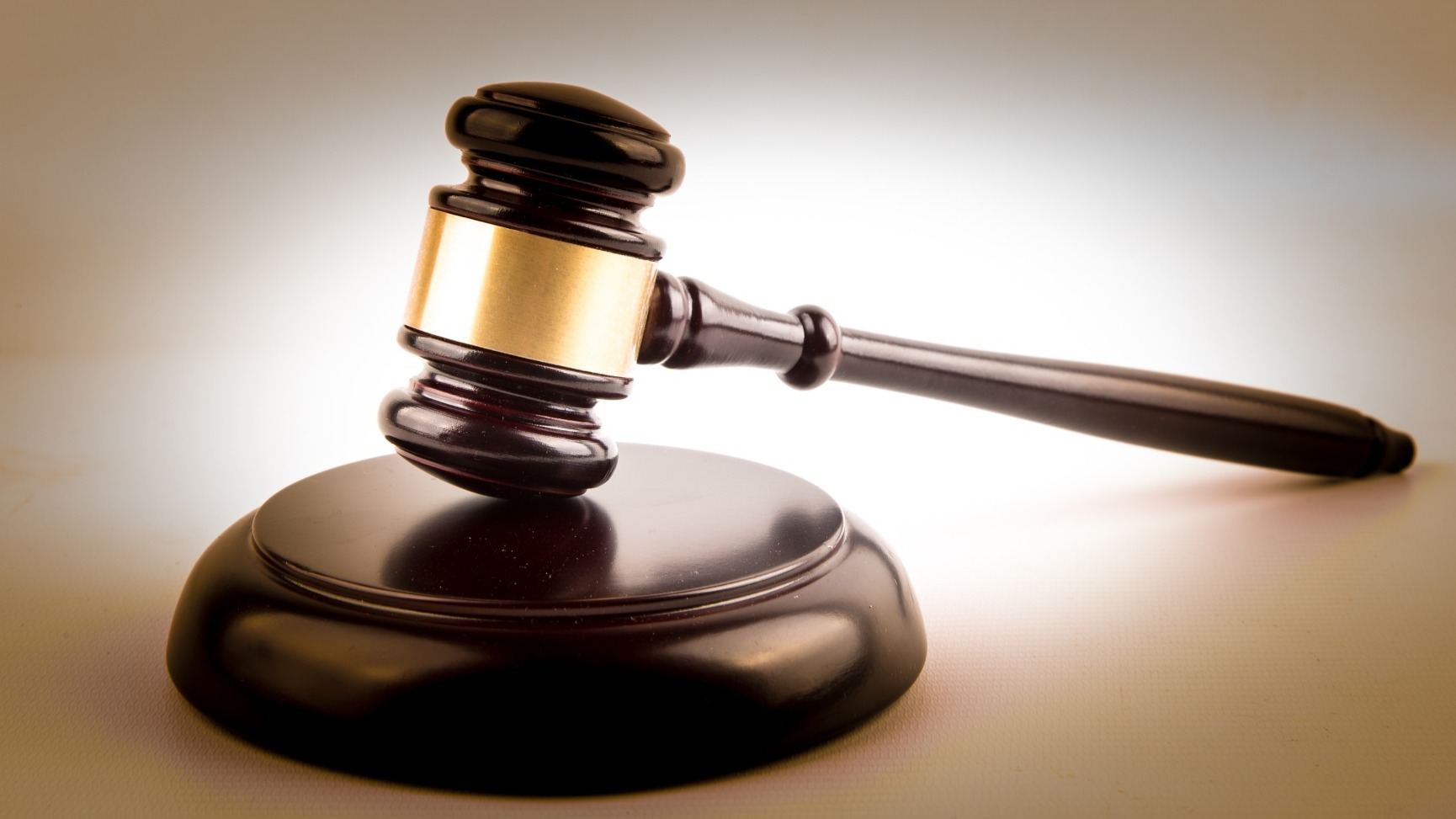Delaware's Supreme Court has affirmed a $267 million legal fee award for five law firms that secured a $1 billion settlement for Dell Technologies shareholders.
The ruling, issued on Wednesday, rejected arguments that the payment was excessive.
The case stemmed from a controversial $23.9 billion transaction in 2018 that marked Dell's return as a publicly traded company. Shareholders alleged they were short-changed in the deal, which involved Michael Dell and private equity firm Silver Lake Partners acquiring shares of a Dell Technologies affiliate they did not already own.
The settlement, announced in November 2022, averted a trial scheduled for the following month. Last year, a Court of Chancery judge awarded the $267 million fee to the law firms, including Labaton Keller Sucharow and Quinn Emanuel Urquhart & Sullivan, finding it in line with Delaware legal precedent.
A group of large investors led by Pentwater Capital Management challenged the fee, arguing for a reduction based on a model used in federal courts. They pointed out that in the 10 largest federal securities cases, lawyers collected on average less than 10 per cent of the recoveries as fees, compared with 27 per cent in the Dell case.
However, Chief Justice Collins Seitz defended the award, stating that the potential for large fees incentivises lawyers to take on challenging cases. He noted the complexity of the litigation, which spanned two and a half years and involved nearly 100 defence lawyers.
The ruling comes as Delaware courts grapple with balancing incentives for meaningful litigation against the risk of excessive awards. The state, which is the legal home to a majority of US publicly traded companies, has been encouraging plaintiffs' lawyers to pursue substantive cases rather than nuisance suits.
The decision may have implications for other high-profile cases, including two involving Tesla. The electric car maker is currently fighting fee requests of $230 million in a case alleging director overpayment and around $7 billion in a case challenging chief executive officer Elon Musk's $56 billion pay package.
While upholding the fee, the Delaware Supreme Court acknowledged public concerns about such large awards. "It is legitimate to ask whether the public would ever believe that lawyers must be awarded many hundreds of millions of dollars in any given case to motivate them to pursue representative litigation," Seitz wrote.
The court also emphasised that lawyers in class action settlements have fiduciary responsibilities to their clients, distinguishing them from investment bankers and fund managers.
Latest News
-
TikTok finalises deal to split US operations from Chinese parent
-
Ubisoft scraps several titles and studios to reduce costs
-
Macy's deploys ad server tech to improve media network
-
Tesco announces 10-week trial of new crime reporting platform
-
Jeff Bezos’ Blue Origin announces space-based internet network to rival Musk’s Starlink
-
Starling and Lloyds Bank IT leaders named AI champions by UK government
The future-ready CFO: Driving strategic growth and innovation
This National Technology News webinar sponsored by Sage will explore how CFOs can leverage their unique blend of financial acumen, technological savvy, and strategic mindset to foster cross-functional collaboration and shape overall company direction. Attendees will gain insights into breaking down operational silos, aligning goals across departments like IT, operations, HR, and marketing, and utilising technology to enable real-time data sharing and visibility.
The corporate roadmap to payment excellence: Keeping pace with emerging trends to maximise growth opportunities
In today's rapidly evolving finance and accounting landscape, one of the biggest challenges organisations face is attracting and retaining top talent. As automation and AI revolutionise the profession, finance teams require new skillsets centred on analysis, collaboration, and strategic thinking to drive sustainable competitive advantage.
© 2019 Perspective Publishing Privacy & Cookies









Recent Stories